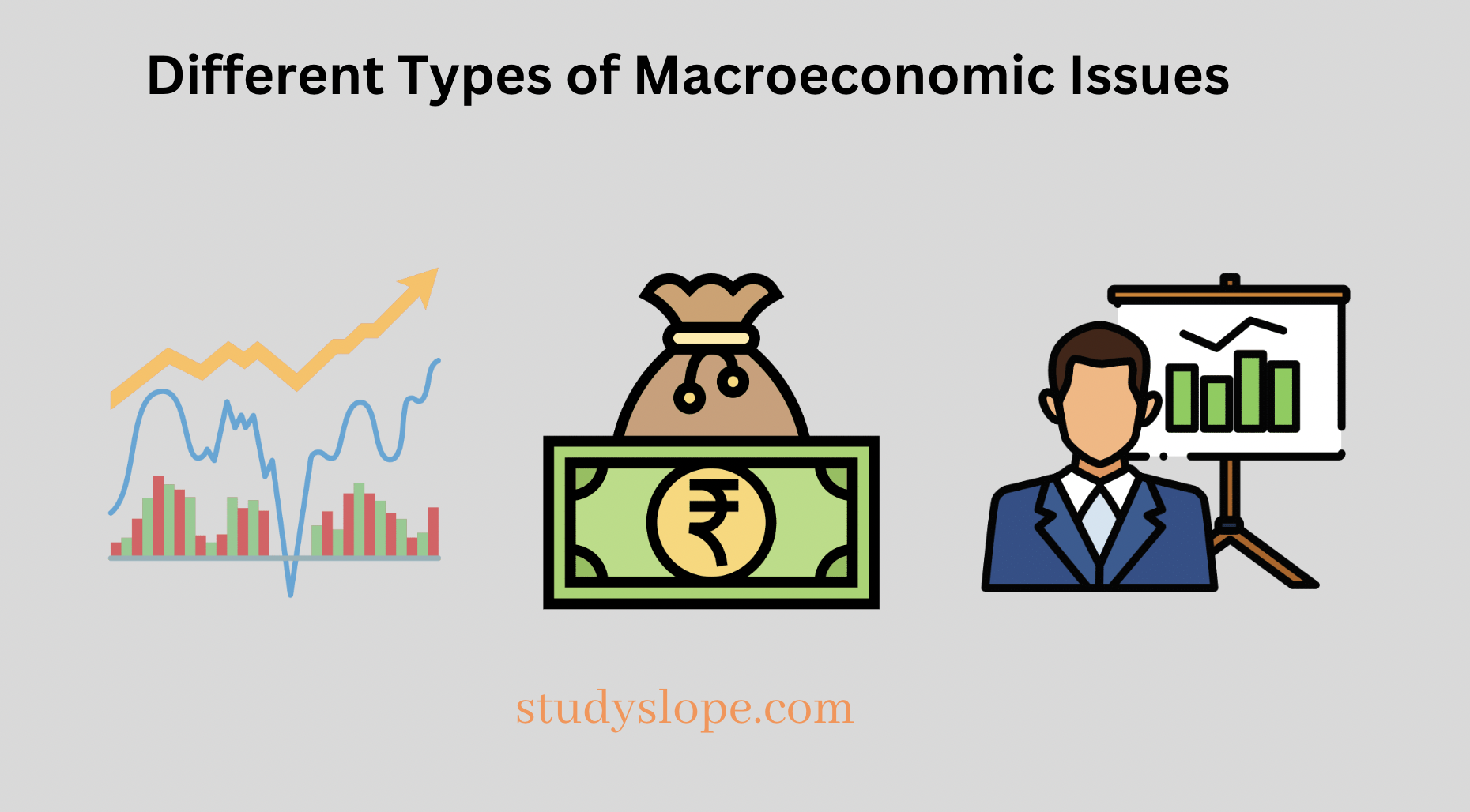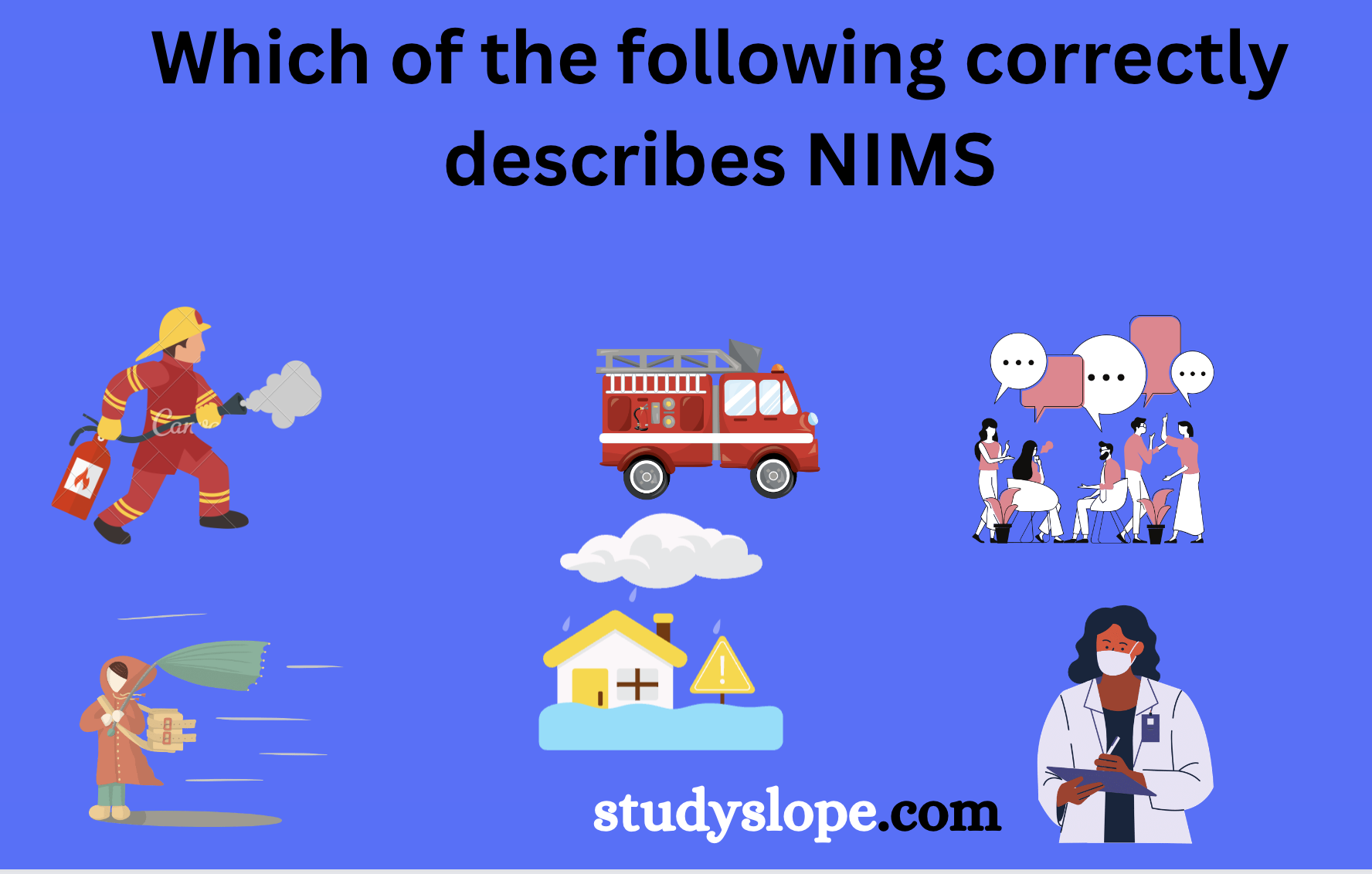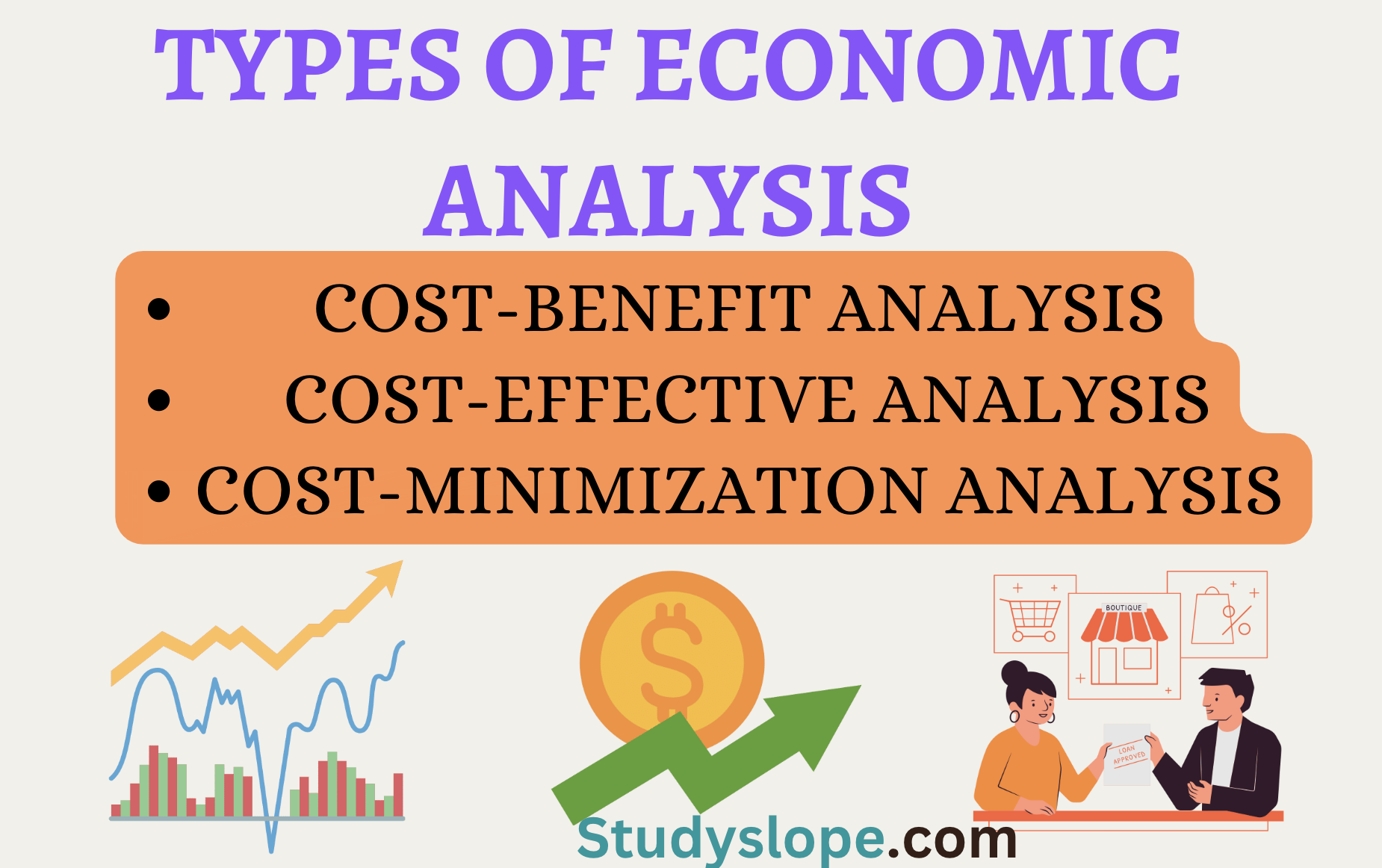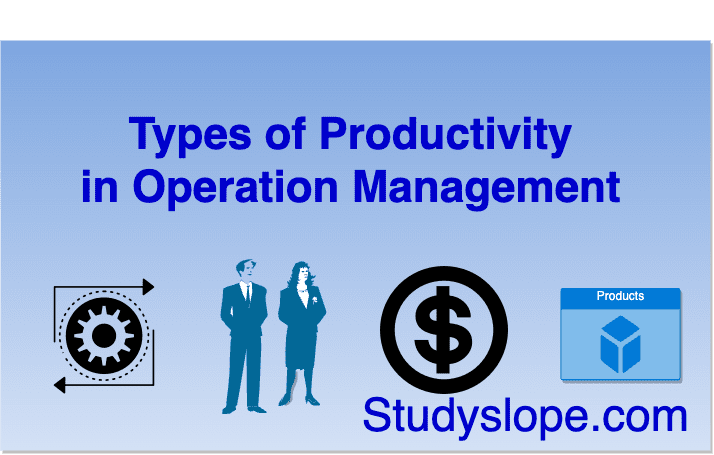FDIC Insurance and Coverage Limits
Introduction to FDIC Insurance The Federal Deposit Insurance Corporation (FDIC) is an independent United States government organisation that offers deposit insurance to safeguard depositors in the event that a bank fails. It was founded in 1933 in response to massive bank failures during the Great Depression, and it has since played a critical role in … Read more
















